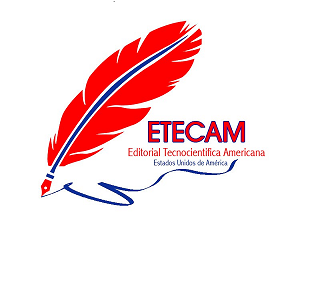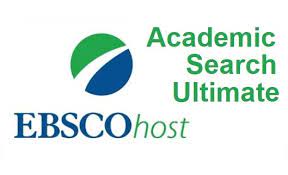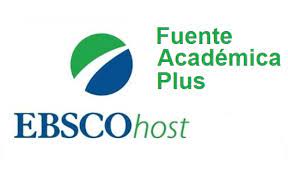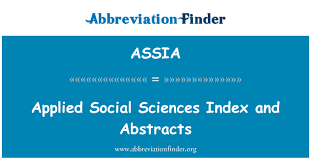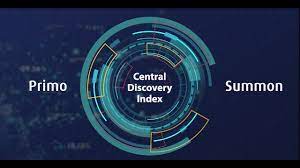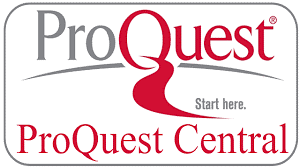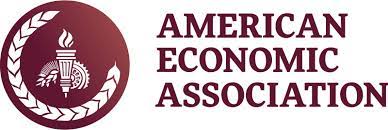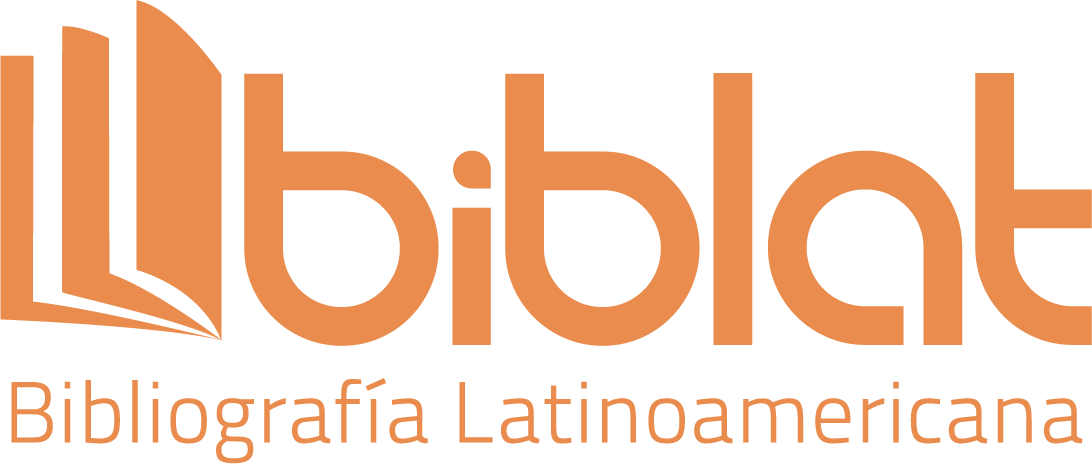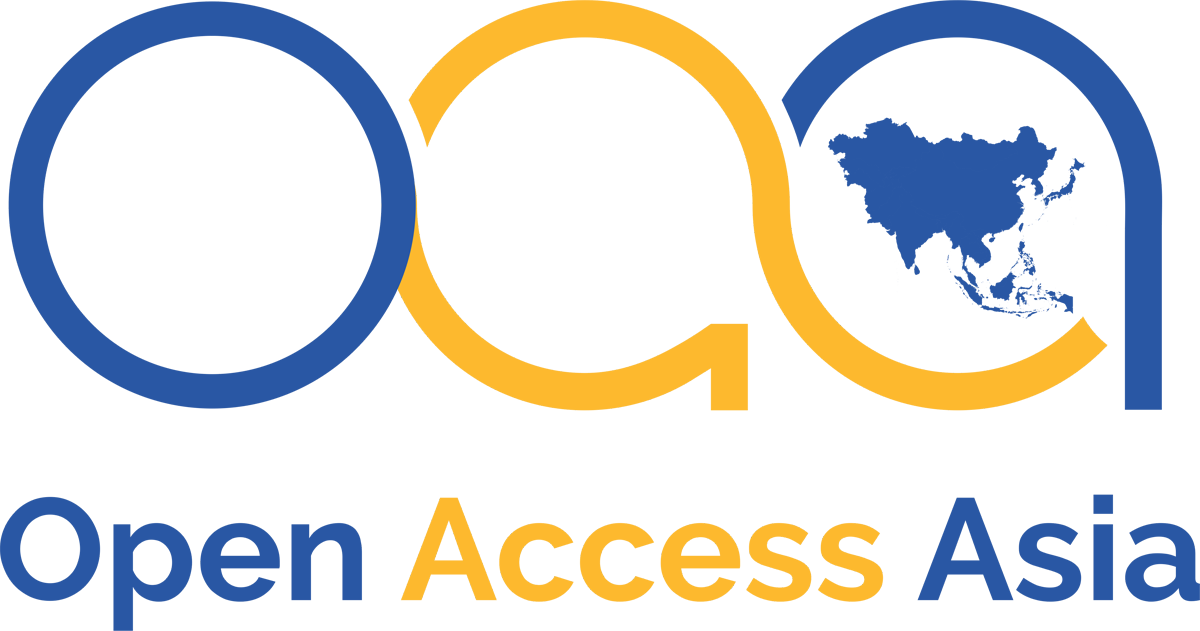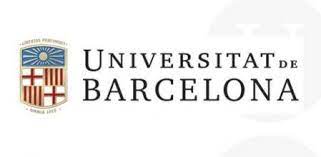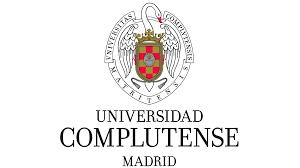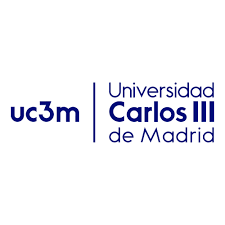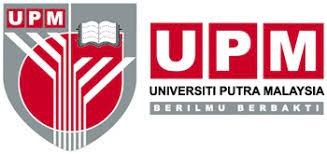Methodological strategy for the improvement of mental arithmetic skills in sixth-grade students
DOI:
https://doi.org/10.51736/sa.v7iEspecial%204.305Keywords:
mental arithmetic, methodological strategy, elementary education, active learning, performance improvementAbstract
The improvement of mental calculation skills in sixth-grade students of basic general education (EGB) is a pressing need given the importance of these competencies in the academic and everyday environment. This study addresses this problem through the implementation and evaluation of a methodological strategy designed to enhance these skills. The main objective is to investigate the impact of this intervention on the development of mental arithmetic skills. The sample consisted of two groups: an experimental and a control group at the Basic Fiscal school Humberto García Ortiz during the period 2023-2024. The strategy was implemented over a defined period of time, using a variety of practical activities, including project-based learning sessions, collaborative learning, gamification and problem solving. Pre-test and post-tests were used to assess student progress, as well as Student's t-test to compare differences between groups. The results revealed significant improvements in mental calculation accuracy and speed in the experimental group compared to the control group. These findings suggest that the methodological strategy implemented was effective in improving mental arithmetic skills in sixth-grade students.
Downloads
References
Aljojo, N. (2018). The Design and Implementation of a Mathematics Game-Base Learning Application for Primary Students. International Journal of Interactive Mobile Technologies, 12(3).
Barrera-Mora, F., Reyes-Rodríguez, A., & Mendoza-Hernández, J. G. (2018). Estrategias de cálculo mental para sumas y restas desarrolladas por estudiantes de secundaria. Educación matemática, 30(3), 122-150.
Companioni, W. S., González, A. P., & González, J. M. R. (2023). Estrategia didáctica para desarrollar la habilidad calcular integrales definidas desde un aprendizaje creativo. Mendive, 21(1), 6.
Formoso, J., Injoque-Ricle, I., Jacubovich, S., & Barreyro, J. P. (2017). Cálculo mental en niños y su relación con habilidades cognitivas. Acta de investigación psicológica, 7(3), 2766-2774.
Gómez-Rosales, M., & Mireles-Medina, A. (2019). Cálculo mental como estrategia para el aprendizaje de los contenidos matemáticos en la educación primaria. Revista de Ciencias de la Educación, 3(10), 8-19.
Green, M., & Rathgeb-Schnierer, E. (2023). Summing up: Cognitive flexibility and mental arithmetic. Journal of Mathematics Education, 13(1), 1-17.
König, J., Blömeke, S., Jentsch, A., Schlesinger, L., née Nehls, C. F., Musekamp, F., & Kaiser, G. (2021). The links between pedagogical competence, instructional quality, and mathematics achievement in the lower secondary classroom. Educational Studies in Mathematics, 107, 189-212.
Lahann, P., & Lambdin, D. V. (2020). Collaborative learning in mathematics education. Encyclopedia of mathematics education, 94-95.
Lazic, B., Knežević, J., & Maričić, S. (2021). The influence of project-based learning on student achievement in elementary mathematics education. South African Journal of Education, 41(3).
Nunes, T., & Bryant, P. (2021). Using Mathematics to Understand the World: How Culture Promotes Children's Mathematics. Routledge.
Pérez, C., González, I., Aravena, M. J., & Cerda-Etchepare, G. (2023). Estudio exploratorio sobre la efectividad del método abierto basado en números (ABN) en las habilidades de cálculo mental en educación primaria. Perfiles educativos, 45(180), 54-70.
Pires, F., Lima, F. M. M., Melo, R., Bernardo, J. R. S., & de Freitas, R. (2019, July). Gamification and engagement: Development of computational thinking and the implications in mathematical learning. In 2019 IEEE 19th international conference on advanced learning technologies (ICALT) (Vol. 2161, pp. 362-366). IEEE.
Pourdavood, R., McCarthy, K., & McCafferty, T. (2020). The Impact of Mental Computation on Children's Mathematical Communication, Problem Solving, Reasoning, and Algebraic Thinking. Athens Journal of Education, 7(3), 241-253.
Rittle-Johnson, B., Zippert, E. L., & Boice, K. L. (2019). The roles of patterning and spatial skills in early mathematics development. Early Childhood Research Quarterly, 46, 166-178.
Romero-López, G., Guaña-Moya, J., Pinos-Romero, K., Fernández-Sánchez, E., & Arteaga-Alcívar, Y. A. (2022). Nativos digitales y modelos de aprendizaje. Polo del conocimiento, 7(3), 653-668.
Velecela-García, M. P., & Cárdenas-Cordero, N. M. (2023). Estrategia didáctica para desarrollar habilidades de cálculo mental en los estudiantes de Básica Superior. Revista Conrado, 19(94), 481-489.
Vogt, F., Hauser, B., Stebler, R., Rechsteiner, K., & Urech, C. (2020). Learning through play–pedagogy and learning outcomes in early childhood mathematics. In Innovative approaches in early childhood mathematics (pp. 127-141). Routledge.
Published
How to Cite
Issue
Section
License
Copyright (c) 2024 Maritza del Pilar Diaz Cerezo, Mayra Margarita LLivisaca Sarmiento, Wilber Ortiz Aguilar

This work is licensed under a Creative Commons Attribution-NonCommercial-ShareAlike 3.0 Unported License.













